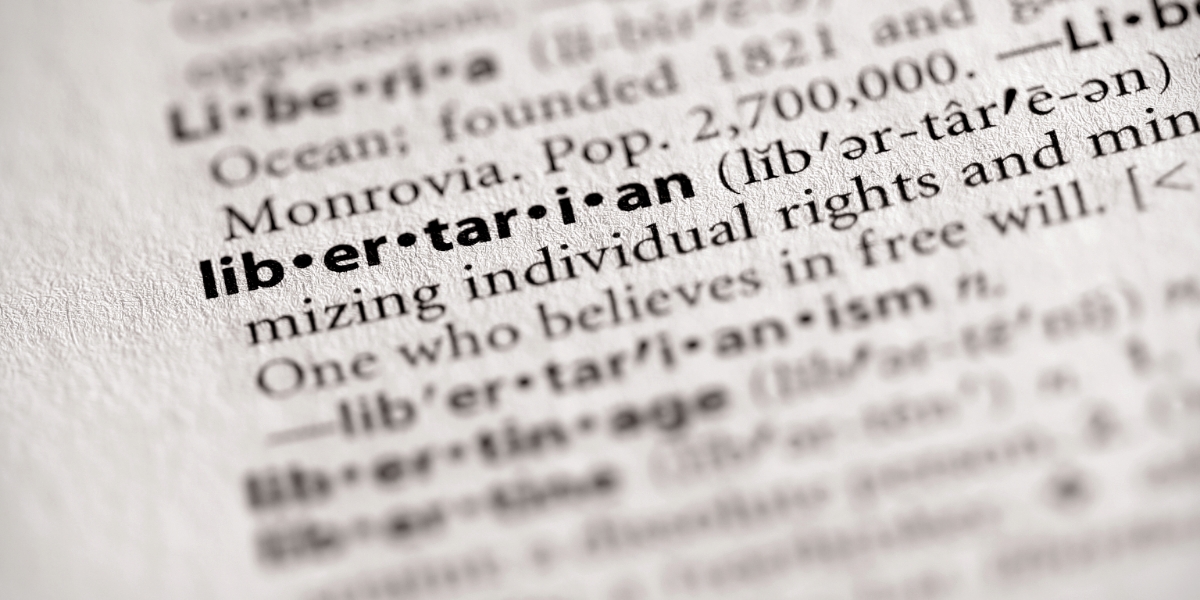The Founders Were Not Libertarians—Here’s Why
Share
By Hillsdale College Online Courses April 6, 2015
Central to the Founders’ constitutional model of government was acknowledgment of the faults of man’s nature; man needs government, government that cannot be overturned by one man’s whim, or even one man’s deep conviction. A representative government, organized to foster a deliberate legislature, an energetic executive, and a judicious judiciary, prevents raw human impulse from deciding the fate of the nation, and protects the interests of the individual.
The following video is a clip from Lecture 4 of Hillsdale’s Online Course: “Constitution 101.”
Transcript:
Going back to Federalist 51, Madison says “that it may be a reflection on human nature that such devices should be necessary to control the abuses of government but what is government itself but the greatest of all reflections on human nature.” That is to say, the fact that we need government at all says something about who we are, so in this sense at least, the founders weren’t particularly libertarian. They were clear. We need government. Alexander Hamilton says in Federalist 15 that we need government because the passions of men will not conform to the dictates of reason and justice without constraint. Our passions all too often, as we all know, rule us to a much greater extent than good government will tolerate, and simply civil society. If we simply allowed our passions to run wild all the time, civil society would not be possible, and so we need government in the end. So we have to figure out a way to make it work, to allow it to control the governed, to restrain the passions of men, to conform the passions of men to the dictates of reason and justice but also, Madison says, going back to Federalist 51, to allow the government to control itself, getting back to our basic point, so that liberty is preserved and tyranny is prevented.
